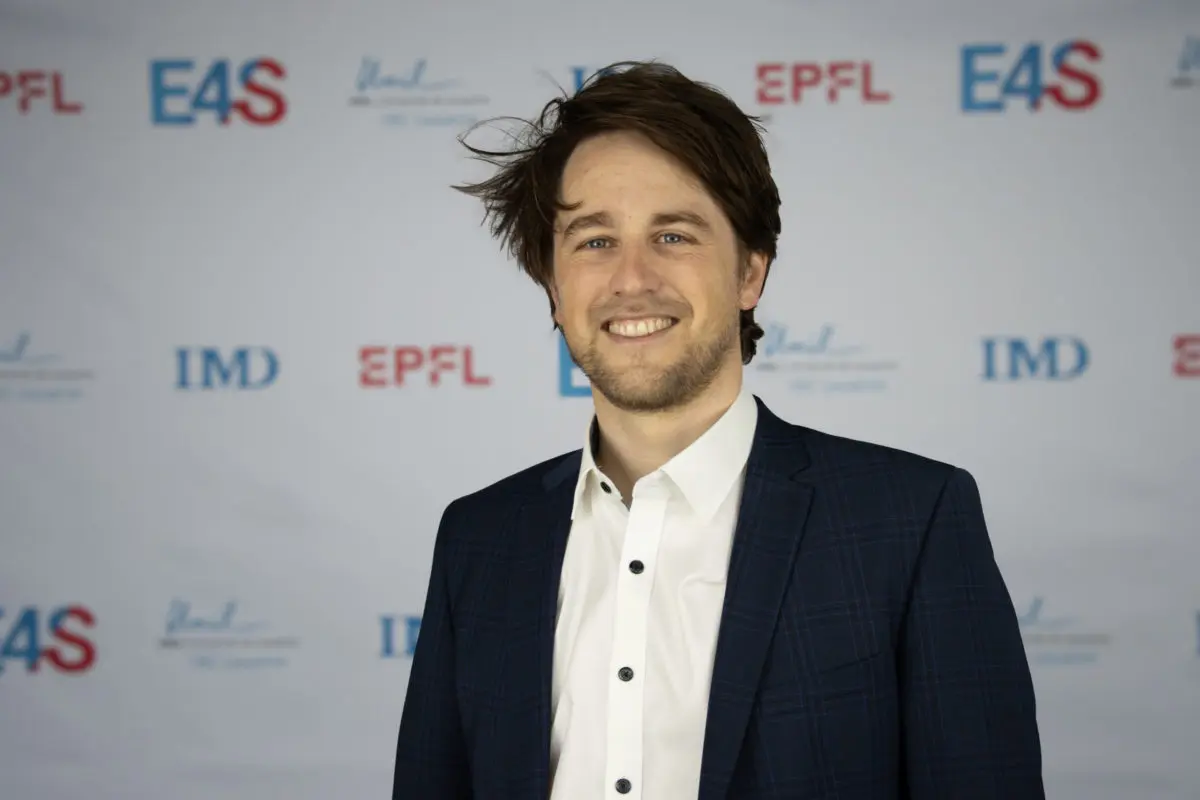
Samuel Wicki
Projects Lead
Through Transformative Projects, SMT Master students solve applied, real-life interdisciplinary issues in the fields of technology, management, and sustainability

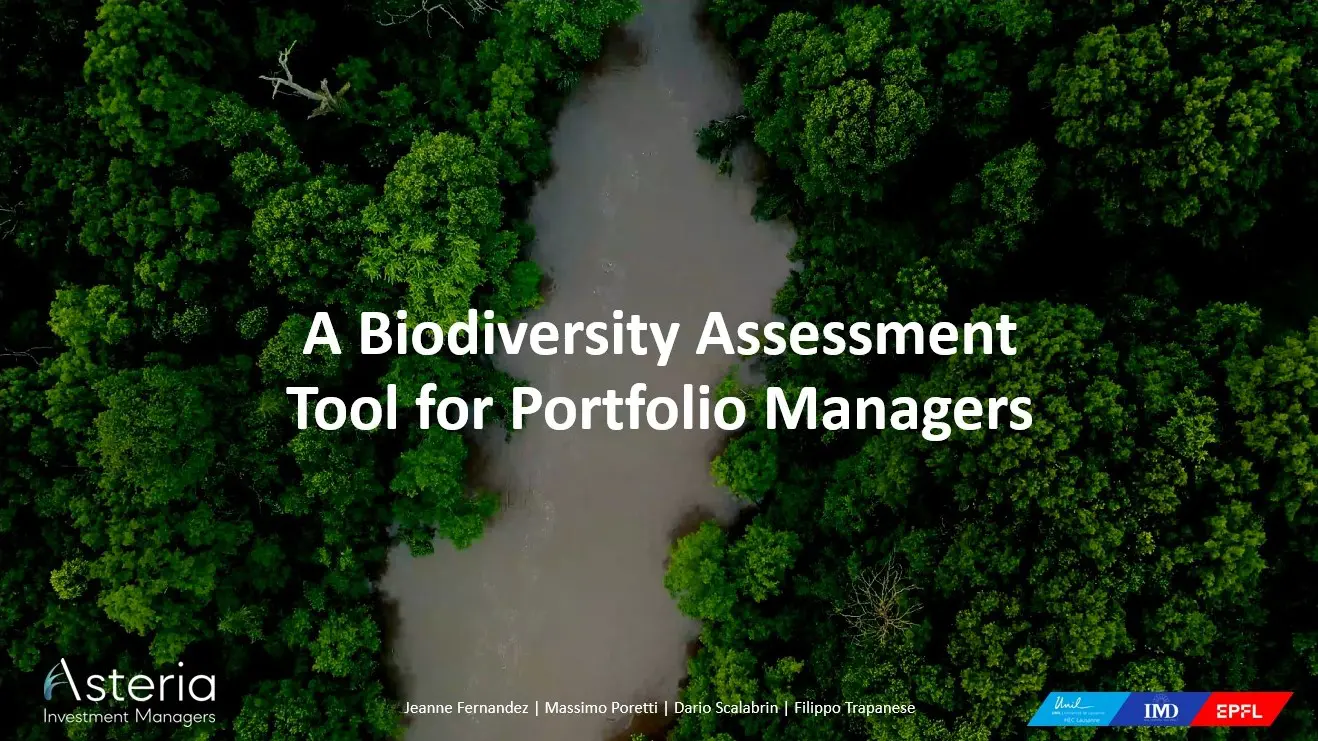
Partner Organization: Asteria Obviam – The main cause of wildlife disappearance globally is human activity, and financial institutions have an important influence on the economy and the effects businesses have on the environment. In partnership with Asteria Obviam, this project aims to evaluate the biodiversity impact of their portfolio by developing a Python tool based on the Biodiversity Footprint for Financial Institutions (BFFI) methodology. The methodology is extensively based on scientific research combined in ReCiPe2016, a harmonised life cycle impact assessment method. The tool can be useful for portfolio managers seeking to understand and mitigate the impact of their portfolios on biodiversity.
Discover the project
This project on the circular economy, developed in collaboration with the cooperative Isenau 360°, aims at making Swiss mountain resorts more capable of navigating through current and future changes in the economy. To achieve this objective, three students proposed some amendments to Isenau 360°’s existing sustainability charter whose goal is to lay out guiding principles on how mountain resorts can operate with sustainability principles at the core of their activity. More importantly, they have created a guide that can be used by restaurants to assess and improve their activity in conformity with the circular economy principles. The focus is on the products used, the energy consumed and the waste generated.
Discover the Project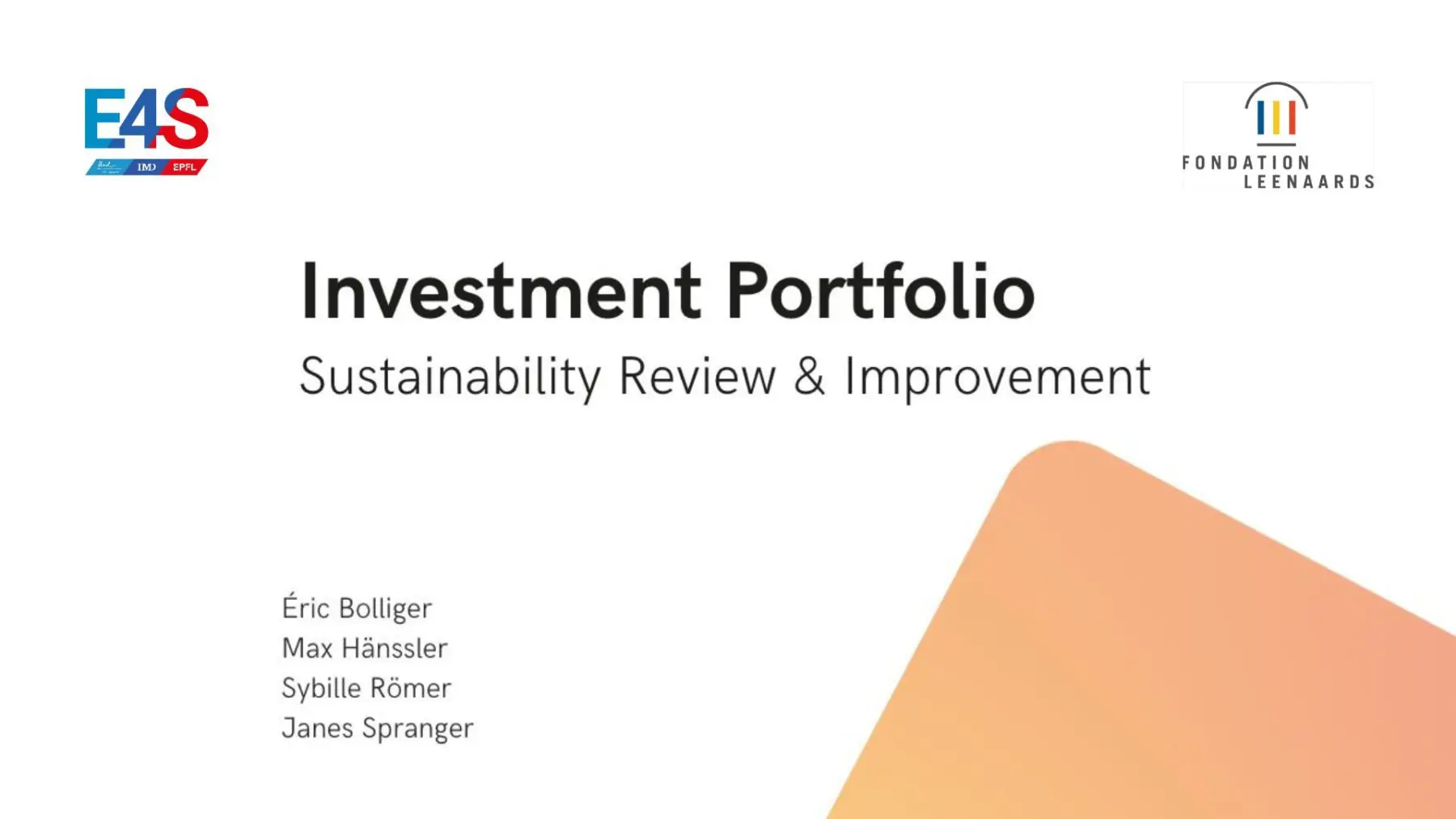
Four students proposed steps for the consideration of sustainability-related aspects in the Fondation Leenaards’ investment portfolio. For this purpose, they designed a method called Worst-in-Class (WIC), responding to two major constraints foundations commonly face: a lack of resources due to the typical part-time nature of members’ work, as well as the holding of funds with a broad exposure, rather than direct investments. Contrary to the common Best-in-Class approach, the WIC method proposes pragmatic steps to improve the portfolio’s sustainability, while keeping financial considerations in mind. The method is meant to be replicable by other foundations.
Discover the project
Agriculture is the world’s largest industry in terms of global employment and land surface use and it has a decisive role to play in propelling the sustainability paradigm. However, agriculture is also pushing planetary boundaries as one of the biggest CO2-emitters, while severe human rights violations are experienced across agricultural supply chains. By analyzing the dynamics of the stakeholder ecosystem and identifying key levers of change in agricultural sourcing, this project seeks to design more coordinated and targeted courses of action for public and private actors and measure their impact through concrete metrics. The project has been led in collaboration with Economics of Mutuality.
Discover the project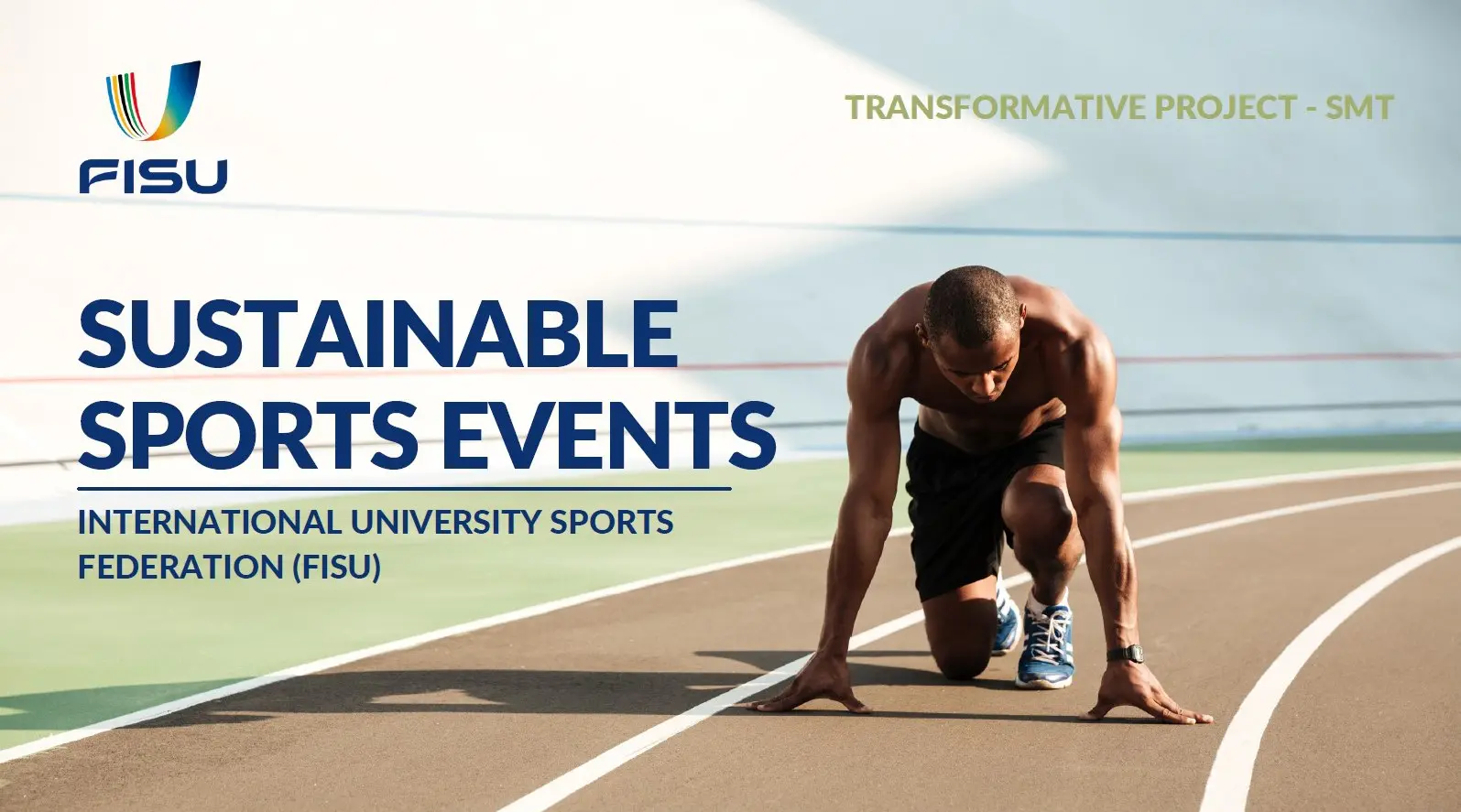
Four E4S students collaborated with the International University Sports Federation (FISU) to draft the Sustainability Guideline of the organization. The Guideline has been created to be applied to FISU’s three major sports events that take place in multiple locations around the world. The Guideline has been structured around a “point-system” that takes into consideration the different local condition of host countries in order to provide flexible and fair recommendations. The point-system is organized in three parts: Emission Reduction, Waste Management and Educational Recommendations. The Point-system delivered is at the stage of a proof of concept and further impact categories can be added. KPIs to measure carbon emissions and waste management ensure that the actions are measurable and that the impact can be tracked and improved over time. The point-system offers an initial basis for FISU’s sustainability journey that the organization can adapt to suits its future needs and events.
Transformative Project FISU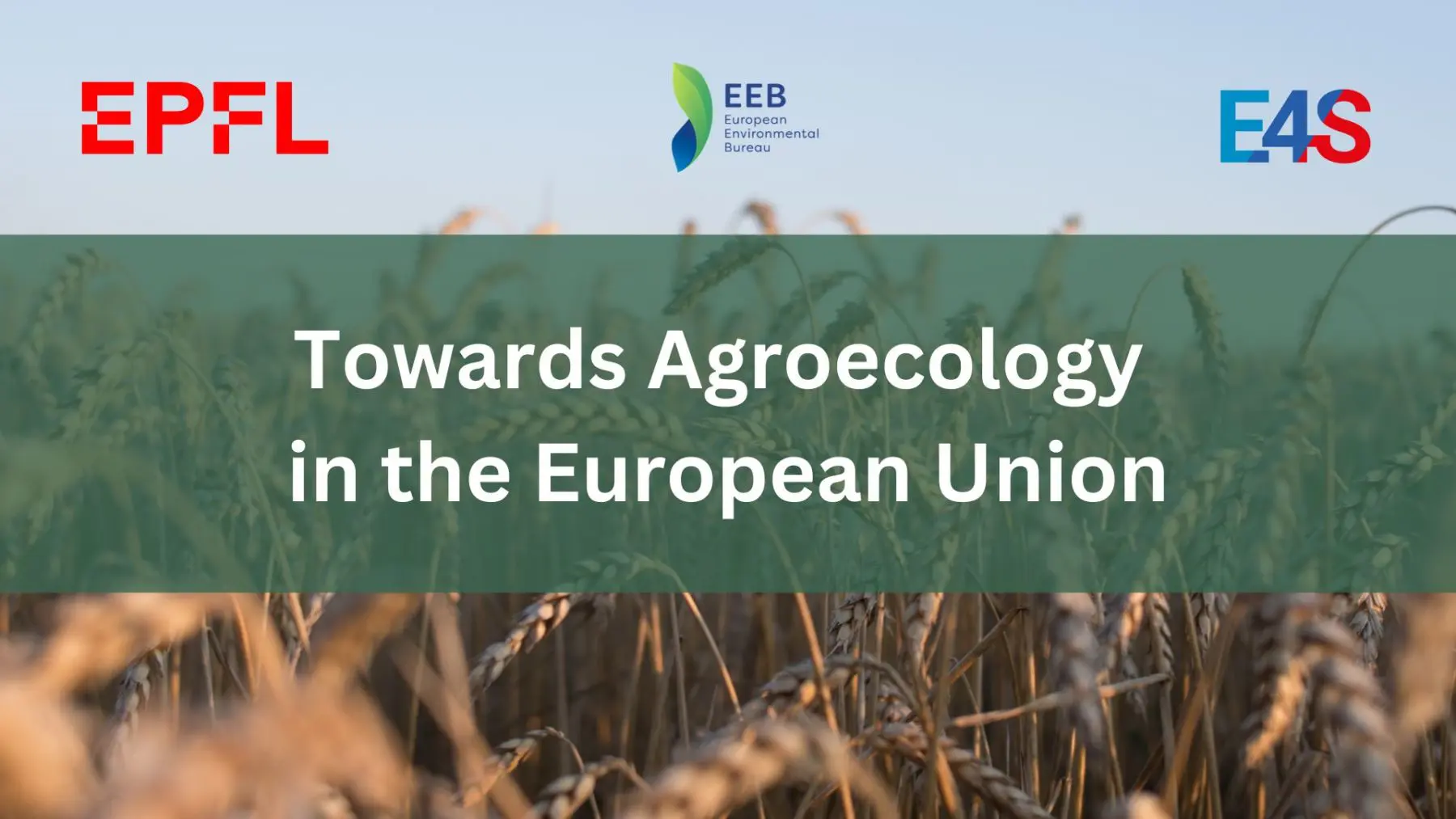
Agriculture accounts for a large share of greenhouse gas emissions in Europe. Addressing the issues related to this sector is essential to achieve the EU’s climate change mitigation objectives. The objective of this Transformative Project is to find a way to adapt the current model of agriculture towards a more environmentally friendly system while respecting the nutritional and social needs of the European population. The good news is that this is possible and that policies can be put in place with clear and targeted incentives.
Discover the project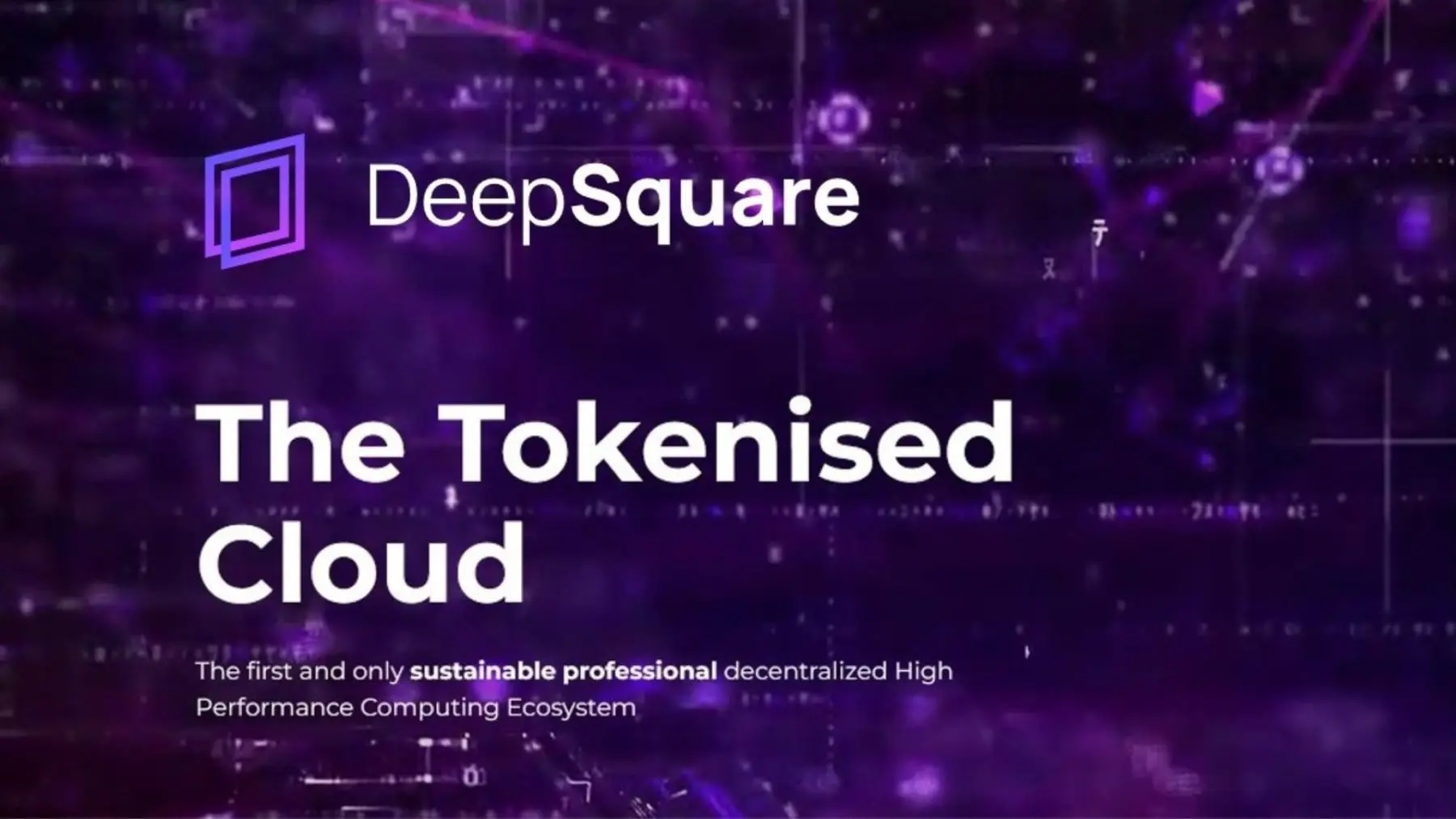
DeepSquare aims at building a decentralized High-Performance Cloud Computing (HPCC) network where it is possible to re-use the heat produced by large server centers (“waste heat”) to meet the heating needs of Switzerland. In line with this ambition, this project has evaluated the most appropriate business models for scaling the HPCC offering in Switzerland, identifying an opportunity in the creation of partnerships with utility companies. The project has also helped to determine the standard locations for this decentralized technology and to develop a roadmap outlining the appropriate market segments and business models.
Discover the project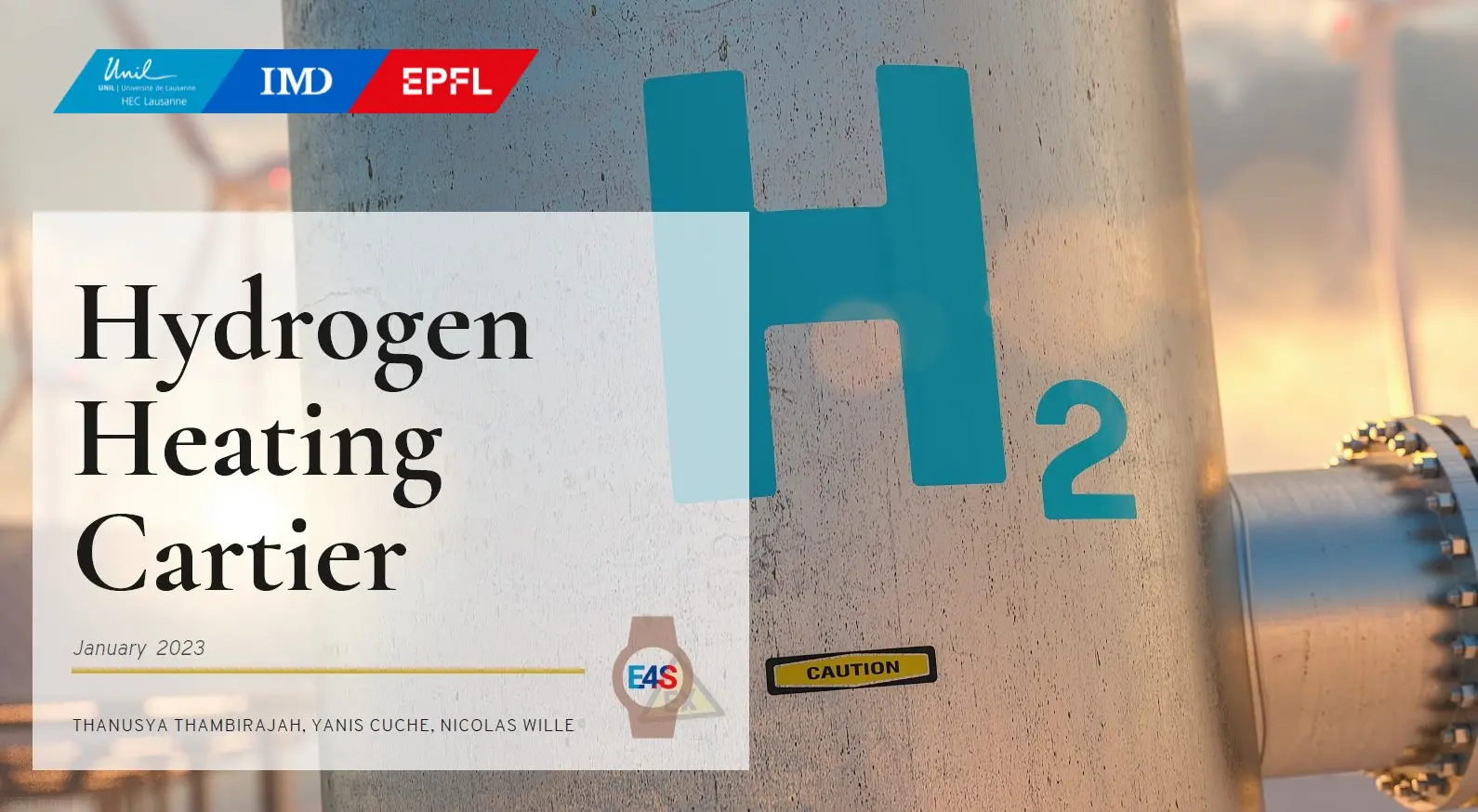
In a world where climate change becomes critical and as Manufacture Cartier Horlogerie uses hydrogen in production process, the Manufacture de Cartier wishes to study the various possibilities for phasing out natural gas heating in favor of less carbon-intensive energies. This project aims at evaluating hydrogen heating from three aspects: technical, financial, and environmental. The most relevant scenario to evaluate, in terms of costs and available space, is a hydrogen system designed to cover the peaks of the heating demands. The remaining electricity generated from solar PVs will be auto-consumed or reinjected into the grid. In addition of heat recovery facilities in place, a Heating, Ventilation, and Sanitation (HVS) Engineering Office proposed that the remaining heating needs could be covered by heat pumps.
Discover the project